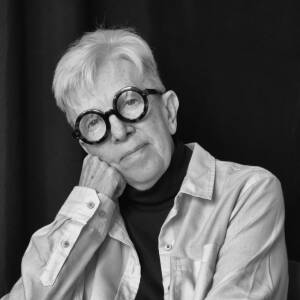Bus shelter still life
People like Stuart--the lowest of the low on the streets, outcasts even among outcasts, the uneducated chaotic homeless, the real fuck-ups--people who've had their social and school training lopped off at twelve: they simply don't understand the way the big world works. They are as isolated from us normal, housed people as we are from them. If Stuart is a freak, then it is because he has had the superhuman strength not to be defeated by this isolation. It is because he has had the almost unbelievable social adroitness to be able to fit in smoothly with an educated, soft-skinned person like myself and not make me frightened half to death. If Stuart's a freak, I salute freaks.
--Alexander Masters, Stuart: A Life Backwards.
Finding this bus shelter still-life is the only light-hearted moment I had today. I hope the people who made these signs left them behind because they got enough money for a room.
Reading Masters' genius of a biography the second time, I remembered Dorothy. I spent five years working on a biography of her that I never finished. I met her in 1971 when I was working as a counselor in a methadone program in New York City. She was on my case load. In 1977, after I'd moved to New Orleans and had Seth, she asked me if I could write a book about her life. She wanted her story told and imagined we might both make some money off it.
I was crazy enough to hope. I went up to Harlem and stayed in her squat on 116th Street with a tape recorder for a week. That was barely enough to get started, so I saved her drunken life and moved her to New Orleans and looked after her. I put her into rehab, loved her, shoved a tape recorder under her face and recorded hundreds of hours of her story on cassette tapes which I later transcribed. During the years it took me to come up with a rough draft, she got fed up and went back to New York, but we stayed in touch till she died in 1991. My biography was never anywhere near as brilliant as Masters', but thinking about Dorothy, about what a wreck her life was and how much I hoped we could salvage it, I'm not surprised I'd buried the memory so deeply it took a second reading of Stuart before I remembered why it all seemed so familiar. I never figured out how to tell the story in a way that wasn't so depressing nobody could bear to read it, even though she did end up in an apartment with a sense of peace and safety. Masters tells it with poetry, laughter, and a fury that is anything but depressing, and I salute him for that.
This afternoon I went to see a locally-made documentary, Alien Boy: the Life and Death of James Chasse. James was a schizophrenic white man beaten to death by police in Portland in 2006. The documentary, which is well-made and powerful, details the police cover-up, the three-year investigation that resulted in basically nothing but money paid to James's family. Since James's death there've been two Black men with mental illnesses killed by Portland Police, not to mention all I saw during Occupy Portland. The makers of the film are looking for distribution, and the issues are important and not just about one man in one place. If you or anybody you know would be interested in arranging a showing of it, send an email to Jen Winter jwinter@alienboy.org

Comments
Sign in or get an account to comment.


